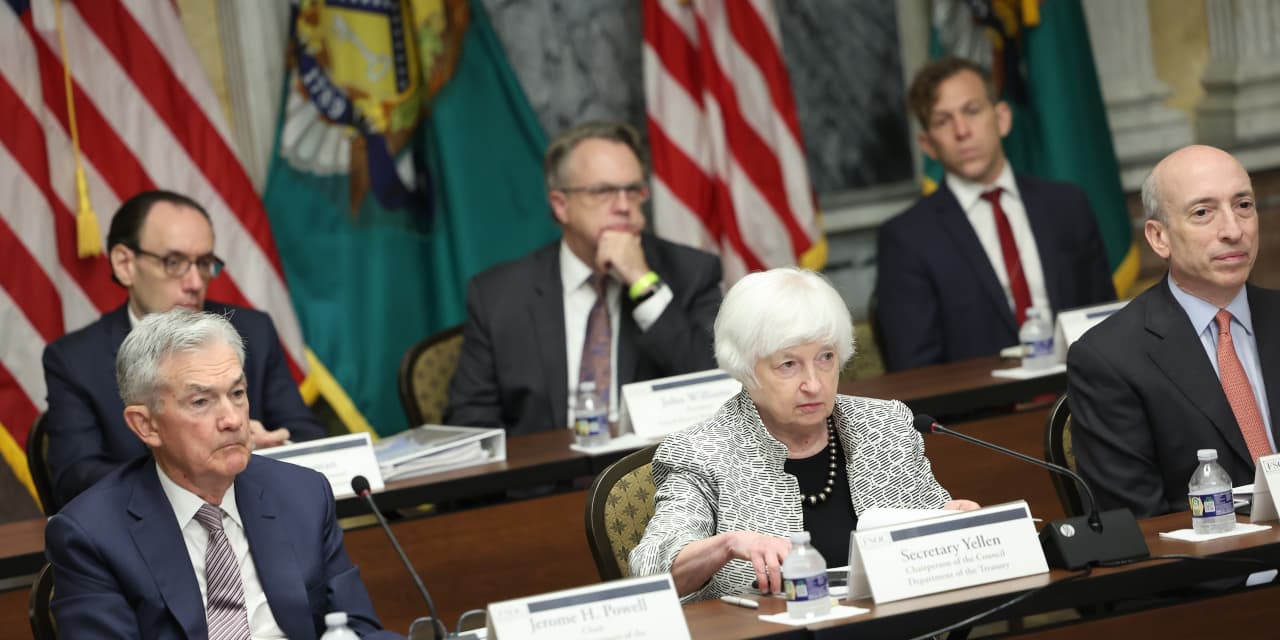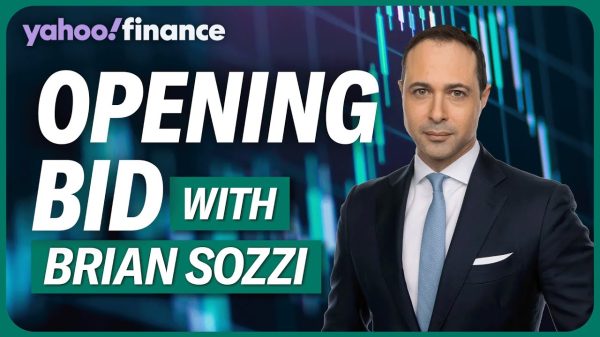Federal regulators say they have growing concerns that some hedge funds could be making bets that put the economy at risk. Now, they have a new tool to clamp down.
On Friday, the Financial Stability Oversight Council (FSOC) finalized changes that will make it easier for them to designate hedge funds, private-equity firms and other nonbank financial companies as systemically important financial institutions or SIFIs. The designation, which has most often applied to banks, subjects companies to Federal Reserve oversight and potential capital and liquidity requirements.
It’s a headache that nonbanks for years have successfully avoided. During the Trump administration, the council changed its process in a way that essentially made a SIFI designation a tool of last resort. Friday’s FSOC vote reversed course.
The change doesn’t just concern hedge funds and could bring greater oversight to a whole host of nonbank firms, from mutual-fund managers to insurance companies. Still, it’s clear that a primary concern for regulators right now is the hedge-fund industry and, specifically, highly leveraged bets that some funds are making in the Treasury bond market, said Chris Niebuhr, a senior research analyst for Washington-based Beacon Policy Advisors.
Some funds over the past several years have profited from the so-called basis trade, an arbitrage that takes advantage of price differences in the Treasury and futures markets. Funds typically make those trades with high amounts of leverage.
In 2020, as the Covid-19 pandemic deepened, some funds unloaded Treasury bonds at once, which compelled the Federal Reserve to step in to stabilize the market. The following year, FSOC restarted a hedge-fund working group to examine stability risks the funds pose, citing that event.
Rather than immediately look to designate a fund as systemically important, “they might use this as an opportunity to take a shot across the bow,” Niebuhr said. “They’re saying, you may have to rein in this activity or we’ll take steps to force you to.”
Friday’s meeting made clear that funds’ use of leverage was top-of-mind for some FSOC members, which include Treasury Secretary Janet Yellen and Federal Reserve Chair Jerome Powell, among others.
“The guidance we’re considering today is important in reinvigorating the Council’s designation process in a manner consistent with Congress’s vision,” said Securities and Exchange Commission Chair Gary Gensler in his statement to the council. Gensler said he could “vividly recall” the near-collapse of the hedge fund Long-Term Capital Management in 1998, and how that threatened the financial system at the time.
Hedge-fund advocates say the council’s concerns are misplaced, and that primary regulators such as the SEC are more than sufficient to oversee their activity.
“SIFI designation for alternative asset managers is inappropriate—as they do not carry the same risks as banks—and will do nothing to curtail systemic risk in the market,” said Managed Funds Association President Bryan Corbett in a statement after the FSOC meeting on Friday.
Some hedge-fund managers have said trying to curtail the basis trade would reduce funds’ participation in the Treasury market, hampering liquidity and potentially leading to higher rates.
Even if FSOC moved to try to designate a hedge fund as systemically important, the process could take more than a year, Niebuhr noted, taking the final decision well past the 2024 presidential election. As a practical matter, that could make the changes moot if President Joe Biden doesn’t win reelection.
But while Democrats are in charge, it’s clear the hedge-fund industry will be in regulators’ sights.
Write to Joe Light at [email protected]
Read the full article here













